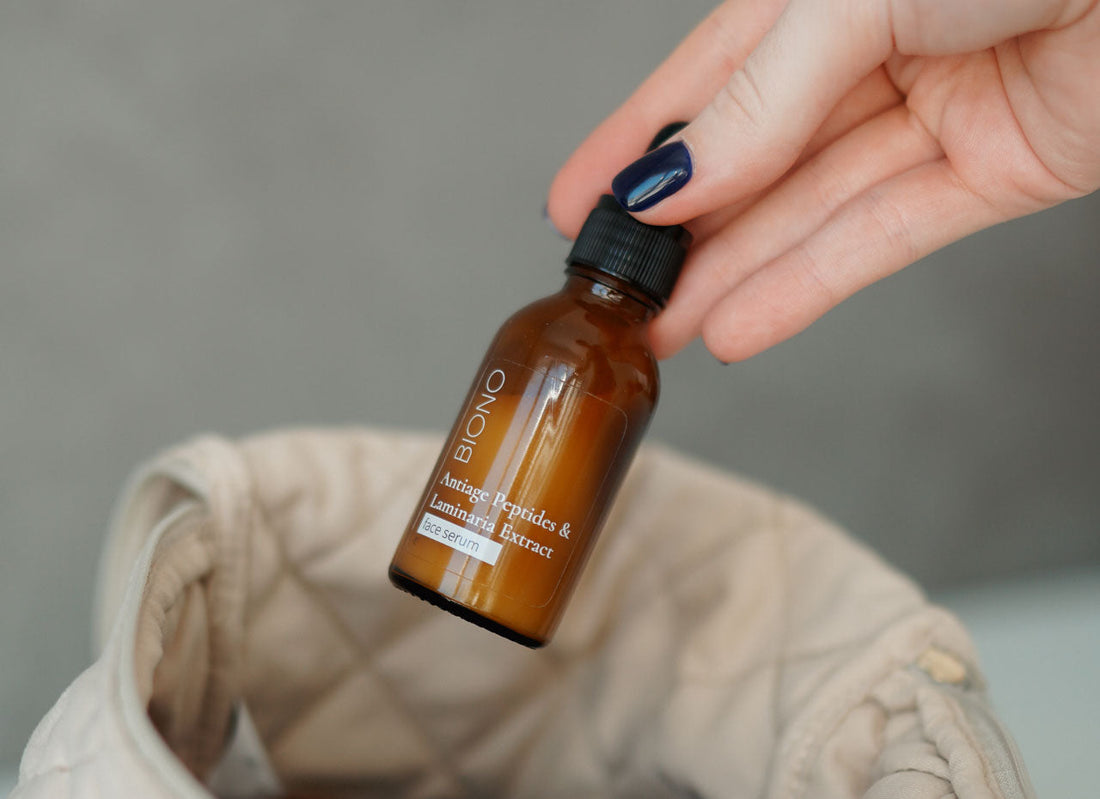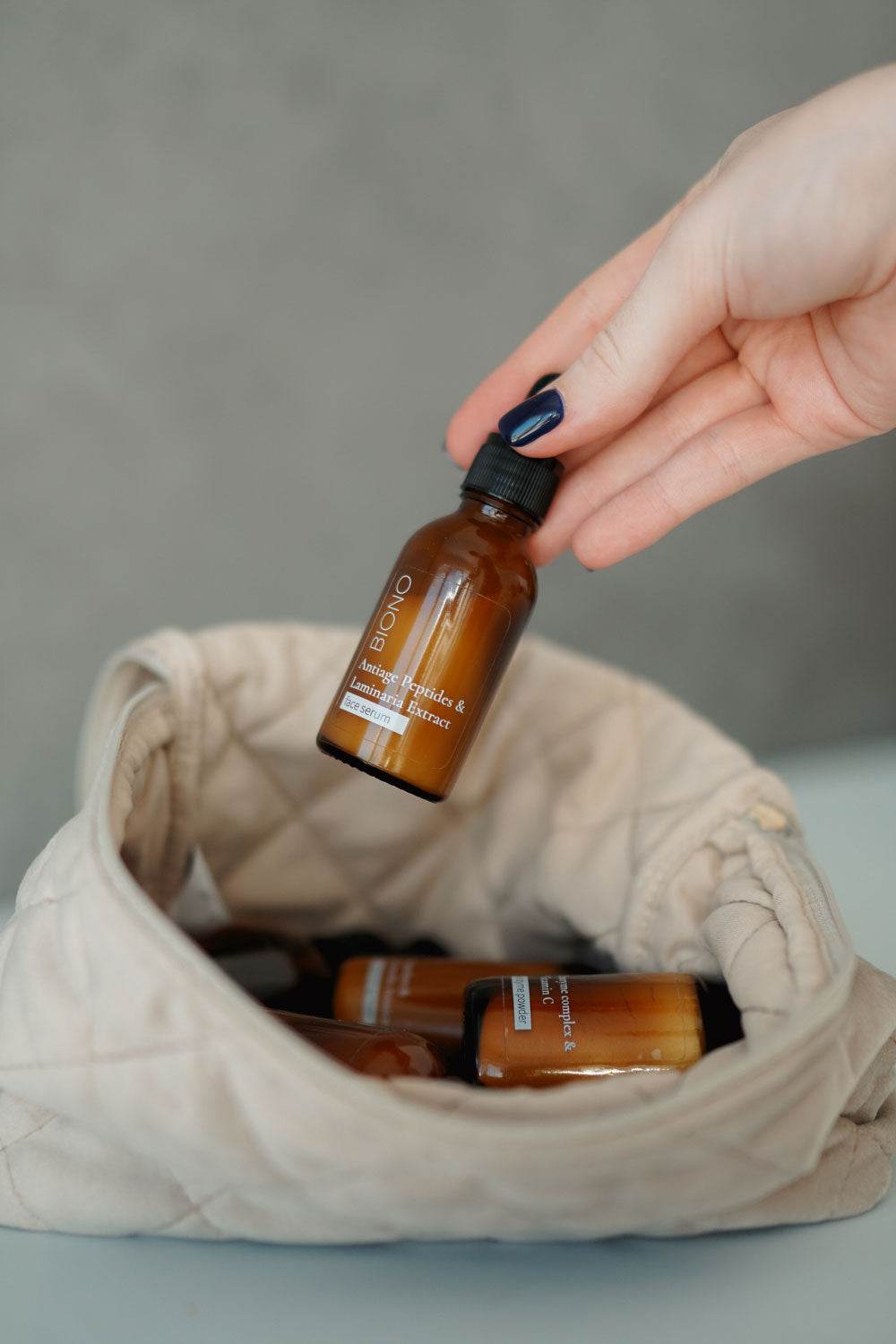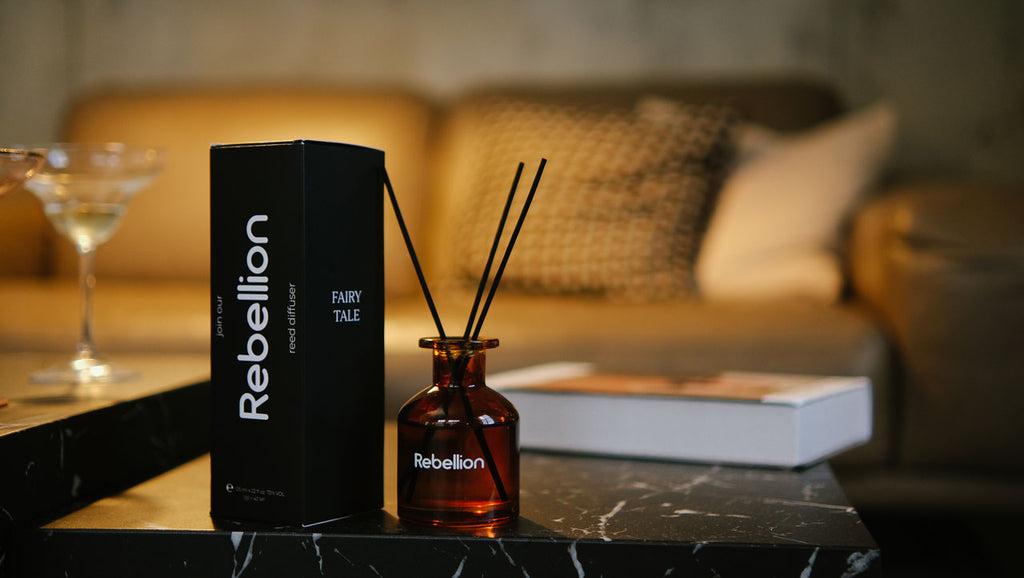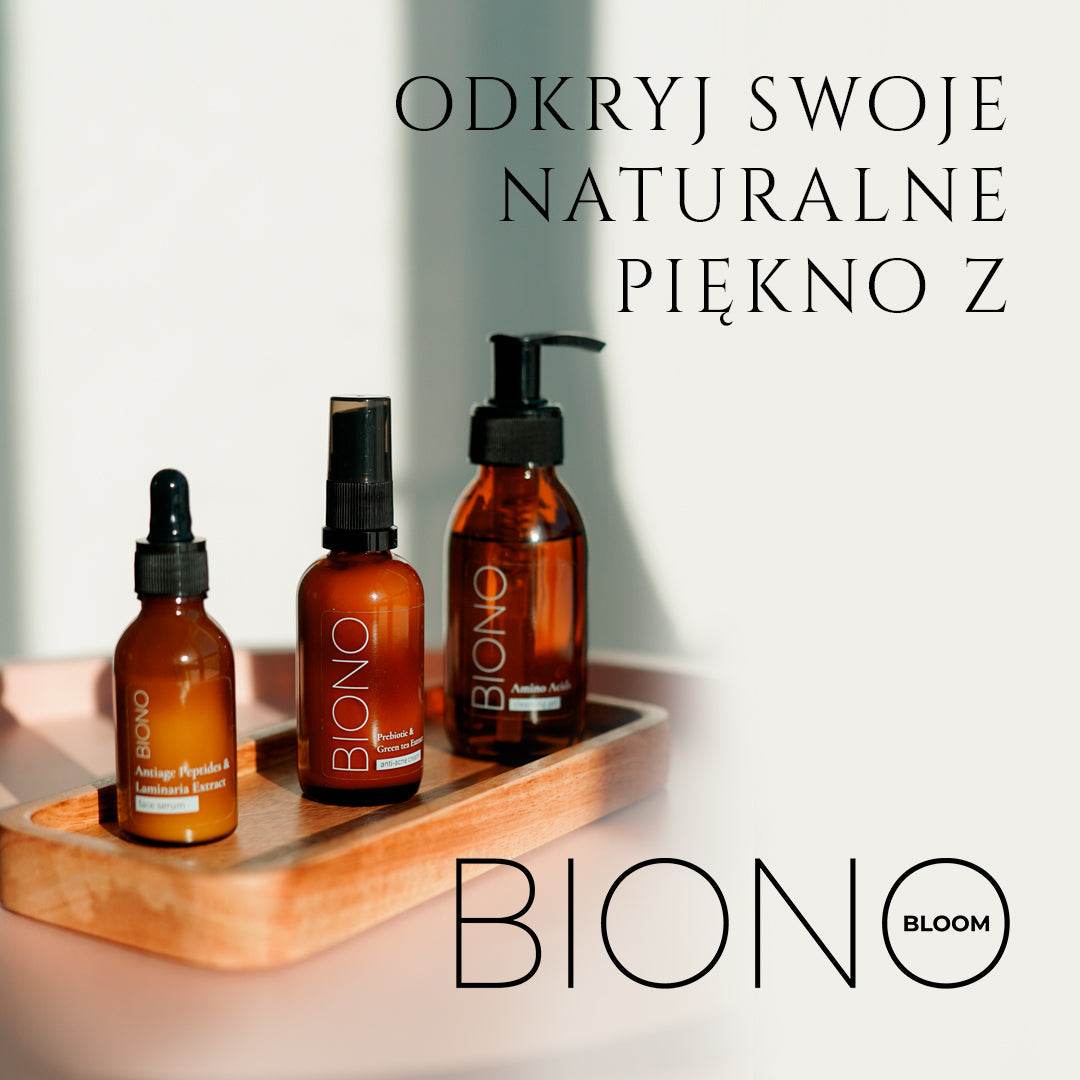
Professional Skin Care: Secrets to Choosing Premium Anti-Wrinkle Creams
Time is a relentless sculptor that leaves its mark on our skin. But modern cosmetology gives us the ability to slow this process and preserve youth for years to come. Premium anti-wrinkle cream is more than just a cosmetic product; it's an investment in the future of your skin, a scientifically proven approach to combating age-related changes.
What makes the cream truly effective?
Modern professional anti-aging creams are the result of years of research in dermatology and molecular biology. Unlike regular moisturizers, these products contain active ingredients that work at the cellular level, stimulating the skin's natural regeneration processes.
The effectiveness of premium creams lies in their unique formulas, which combine several mechanisms of action simultaneously. They don't just mask the signs of aging, but actively address their causes: slowing collagen synthesis, accumulating free radicals, disrupting the skin's barrier function, and reducing cellular regeneration.
Encapsulation technology allows active ingredients to penetrate deep into the epidermis, where they can perform their function most effectively. It's like the difference between surface irrigation and a drip system—the results are radically different.

Key ingredients of professional anti-aging products
The world of professional cosmetics employs complex formulas, but understanding the basic active ingredients will help you make an informed choice. A premium anti-wrinkle cream necessarily contains one or more of these revolutionary ingredients.
Retinol and its derivatives are considered the gold standard in anti-aging skincare. This form of vitamin A stimulates cell renewal, increases collagen production, and improves skin texture. However, working with retinol requires a professional approach—the concentration and method of application must be carefully selected to suit your skin type.
Peptides are molecular messengers that "instruct" the skin to produce more collagen and elastin. There are signaling peptides that activate regenerative processes, and neuropeptides that relax facial muscles, reducing expression lines without injections.
Antioxidants—vitamin C, vitamin E, coenzyme Q10, and resveratrol—protect the skin from the damaging effects of free radicals. They act as molecular armor, preventing premature aging and maintaining a healthy skin tone.
Hyaluronic acid in various molecular weights provides multi-level hydration. High-molecular-weight forms a protective film on the surface, medium-molecular-weight penetrates the epidermis, and low-molecular-weight reaches the dermis, providing deep hydration.
Age-specific peculiarities of using anti-aging creams
Professional anti-aging creams aren't a one-size-fits-all solution for all age groups. Skin needs change dramatically with age, and effective care must take these specificities into account.
Between the ages of 25 and 30, prevention is the main focus. Skin is still actively regenerating, but the first signs of photoaging may appear around the eyes. A lightweight cream with antioxidants, a low concentration of retinol, and SPF protection is ideal at this stage.

Ages 30-40—a time to actively combat the first changes. Skin metabolism slows, and the first expression lines and pigmentation spots appear. At this stage, more concentrated formulas with peptides, vitamin C, and moderate doses of retinol are needed.
After the age of 40-45, skin requires intensive support. Collagen production significantly decreases, elasticity decreases, and wrinkles deepen. This premium anti-wrinkle cream for this age group contains high concentrations of active ingredients, plant stem cells, and innovative peptide complexes.
After the age of 50, skincare becomes even more specialized. Hormonal changes lead to fundamental changes in skin structure. Products containing phytoestrogens, ceramides to restore barrier function, and powerful regenerative stimulants are needed.
How to choose a professional anti-aging cream
Choosing an effective professional anti-aging cream is a science that requires understanding your own skin's needs and characteristics. A mistake in choosing one can not only reduce the effectiveness of your treatment but also cause adverse reactions.
Above all, it's important to realistically assess the condition of your skin. What exactly are you concerned about: loss of firmness, deep wrinkles, discoloration, enlarged pores? Each problem requires a specific approach and appropriate active ingredients.
The second criterion is skin type. Dry skin requires more saturated, nourishing textures with ceramides and oils. Oily skin requires lighter gel formulas with salicylic acid and niacinamide. Sensitive skin requires hypoallergenic formulas without perfumes or harsh preservatives.
Be sure to pay attention to the concentration of active ingredients. A premium anti-wrinkle cream should contain clinically proven dosages: retinol 0.25-1%, vitamin C 10-20%, and peptides at least 5%. Lower concentrations may be ineffective, while higher concentrations may cause irritation.

Production technologies and innovations
Modern professional anti-aging creams are high-tech products, with each ingredient carefully researched and optimized. Leading brands invest millions in developing unique active ingredient delivery systems.
Liposomal technology allows for the "packaging" of unstable ingredients into microcapsules, which protect them from destruction and ensure gradual release into the skin. This is especially important for such fickle ingredients as vitamin C or retinol.
Nanotechnologies create particles so small they can penetrate intercellular spaces, reaching the deep layers of the skin. Gold, silver, or platinum nanoparticles not only deliver active substances but also exert their own rejuvenating effects.
Biomimetic peptides replicate the action of natural skin proteins, but are more stable and effective. They can imitate the action of growth factors, stimulating collagen and elastin synthesis without side effects.
Correct use for maximum effect
Even the most expensive premium anti-wrinkle cream won't deliver the desired results without proper use. The effectiveness of anti-aging care depends not only on the formula but also on the application technique and order of application.
The basic principle of professional skincare is a step-by-step approach. The skin must be prepared to absorb active ingredients. This means thorough cleansing, optional toning, and applying a serum before applying cream. Each step enhances the effects of the next.
Timing of application is also important. Most anti-aging active ingredients, especially retinol, work best at night, when skin is in regenerative mode. Daytime skincare should focus on protection and hydration.

Product Quantity – More isn't always better. Professional anti-aging creams typically have a concentrated formula, so a small, pea-sized amount is enough for the entire face. Too much can clog pores or irritate skin.
Application technique is also important. The cream should be spread using light, tapping motions from the center of the face outward, avoiding stretching the skin. Pay particular attention to the area around the eyes, where the skin is thinnest and most sensitive.
Combining with other treatments
Premium anti-wrinkle cream is just one part of a comprehensive anti-aging program. Maximum results are achieved when combined with home care, professional treatments, and a healthy lifestyle.
Chemical peels enhance the effects of active ingredients, removing dead cells and stimulating skin renewal. Light peels with fruit acids can be performed regularly, while deep peels can only be performed in a salon under the supervision of a specialist.
Mesotherapy and biorevitalization deliver active substances directly to the dermis, bypassing the barrier function of the epidermis. This is particularly effective when introducing hyaluronic acid, vitamins, and amino acids.
Instrumental cosmetology—fractional lasers, radiofrequency lifting, and HIFU—stimulates deep regeneration processes that cannot be triggered by topical agents alone. In this case, a professional anti-aging cream maintains and enhances the results of the treatments.
The Myths and Reality of Anti-Aging Care
The beauty industry breeds a multitude of myths surrounding anti-aging care. Understanding the real possibilities and limitations will help you develop realistic expectations and avoid disappointment.
Myth one: an expensive cream is always better. In reality, the price often includes marketing, packaging, and branding costs. A premium anti-wrinkle cream from an unknown brand can be significantly more effective than the advertised product.
Myth two: results should be immediate. True anti-aging results come with long-term use. Cell renewal takes 28 days, while collagen rebuilding requires several months. Immediate changes are usually associated with temporary swelling or visual effects.
Myth three: the more active ingredients, the better. A professional anti-aging cream is better off containing a few well-researched ingredients in the right concentrations than dozens of ingredients in minimal doses.
The future of anti-aging cosmetology
The anti-aging industry is rapidly evolving, and the near future promises revolutionary changes. Personalized cosmetics based on genetic analysis will allow the creation of premium anti-wrinkle creams perfectly tailored to individual skin needs.
Stem cells, epigenetics, nanomedicine—these technologies are already being implemented in the most advanced formulas. Future professional anti-aging creams will not only slow down aging but also restore skin's youthfulness at the cellular level.
Artificial intelligence will help predict skin's reaction to various ingredients, and augmented reality will allow you to "try on" the results before using the product. Skincare is becoming increasingly scientifically sound and personalized.






